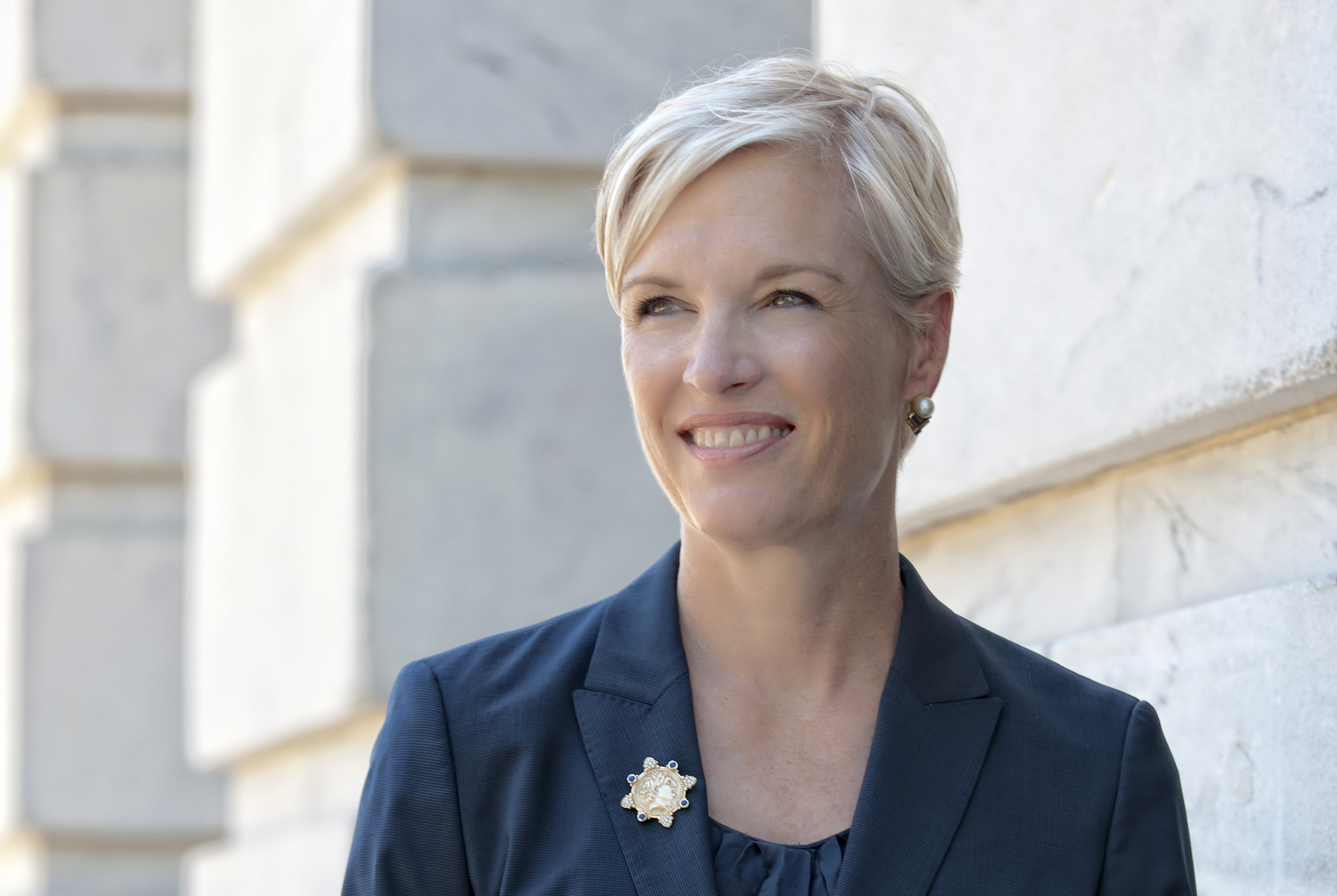Cecile Richards is the President of the Planned Parenthood Federation of America and the Planned Parenthood Action Fund. Before joining Planned Parenthood, Ms. Richards served as Deputy Chief of Staff for House Democratic Leader Nancy Pelosi.
Did you ever expect to see such vitriol in both the physical and verbal attacks on Planned Parenthood and reproductive rights?
I guess you never really know what to expect. It is important to remember that Planned Parenthood has been a source of controversy ever since we started giving out birth control information 100 years ago and they threw our founder in jail. Progress sometimes takes a while, but we try to keep moving forward. That said, it is incredibly discouraging to see…the entire Republican party’s leadership come out against Planned Parenthood and against our provision of healthcare services. Planned Parenthood was built by Republicans all across the country; we have Republican board members and Republican patients and staff. It is incredibly discouraging to see Republican presidential candidates show a lack of empathy or concern for the wellbeing of women and to see one party in the 21st Century so clearly line up against women’s access, specifically access to abortion and access to birth control. In the case of physical attacks, there is no way to speak about the tragedy in Colorado Springs without saying how much admiration and respect I have for the thousands of people who go to work every day at Planned Parenthood health centers and walk through picket lines and protesters yelling ugly things at them just to provide basic healthcare to women. I have profound respect for the women who exercise their right to get the healthcare that they need despite all that as well. As a country, that lack of empathy and compassion for fellow human beings is un-American, and I hope that we can decrease the current level of toxicity. We have a motto at Planned Parenthood, “Care. No Matter What,” which could be either a promise or a threat depending on where you’re sitting.
Especially when facing this level of aggressive opposition, how does Planned Parenthood convey to the public that it remains a safe space for people to receive care?
I think the most important thing we could have done in the last six months, in that regard, is to continue to provide healthcare. The reason that Planned Parenthood has such high approval ratings in this country is not because of any advertisement we did. It is because our doors have been open.
What was behind the decision to endorse Hillary Clinton in a primary in which all Democratic candidates support Planned Parenthood? What sparked the choice not to wait until the general elections?
Planned Parenthood got involved early on this election because, having watched now for the last nine months the most unrelenting attack on not only Planned Parenthood specifically by name, but also on all reproductive healthcare access in America, it became clear that this [cycle] was going to be even more important than the last presidential election. I have never seen a Republican primary where there were such full-throated attacks on Roe v. Wade, reproductive care, and Planned Parenthood…We do have three friends [in the election], or did, now that Governor O’Malley dropped out, but it was the feeling of the committee — and then it was taken out across the country to be voted on — that Secretary Clinton had an unparalleled record on women’s health issues. With all respect to Senator Sanders, who has been a solid vote, [Clinton] has fought her entire lifetime for these issues. When she was in the Senate, she was proactive and introduced eight separate bills to expand reproductive healthcare access, which is eight more than anyone else currently running for president. She has been a staunch ally and a real leader on these issues, and that is what drove our decision making.
How is Planned Parenthood best responding to the health needs of transgender and gender nonconforming people?
Historically, Planned Parenthood has been non-judgmental, non-shaming, and accessible. In many states we provide transgender care, and this is now a growing area at Planned Parenthood. I was just talking to Laverne Cox about this very topic a few days ago. Laverne was saying that…much like how reproductive care for women, in terms of abortion training not [being] taught in medical schools became a large focus many years ago, the same needs to happen now for transgender care. Currently, there is not enough universal training on or sensitivity to this area of medicine. [Transgender care] will continue to grow at Planned Parenthood, particularly in states where it is more difficult for folks to access care without being embarrassed or ashamed.
What specific approaches has Planned Parenthood taken to provide access and care for younger teenagers in underserved areas?
No matter how much Planned Parenthood does, and no matter how much we and our partners are committed, policy and the attitude of government towards these issues must change. We just simply cannot reach everyone. What is most alarming is this total dismantling of the public healthcare system…including sex education. In Texas, dozens of abortion providers have shut down. We now have tens of thousands of women who have lost access to breast cancer screenings, Pap smears, and birth control, all because centers are no longer even open in their community. If you are working for minimum wage, if you are supporting a family or just trying to make it on your own, you do not have the ability to drive hundreds of miles to go get basic healthcare. At Planned Parenthood, we are not only a provider of healthcare to about 2.5 million people every year, but we are a fierce advocate towards making policy and government address the needs of all people in this country. We simply cannot go backwards, or any further backwards, than we already have in terms of access to care.
